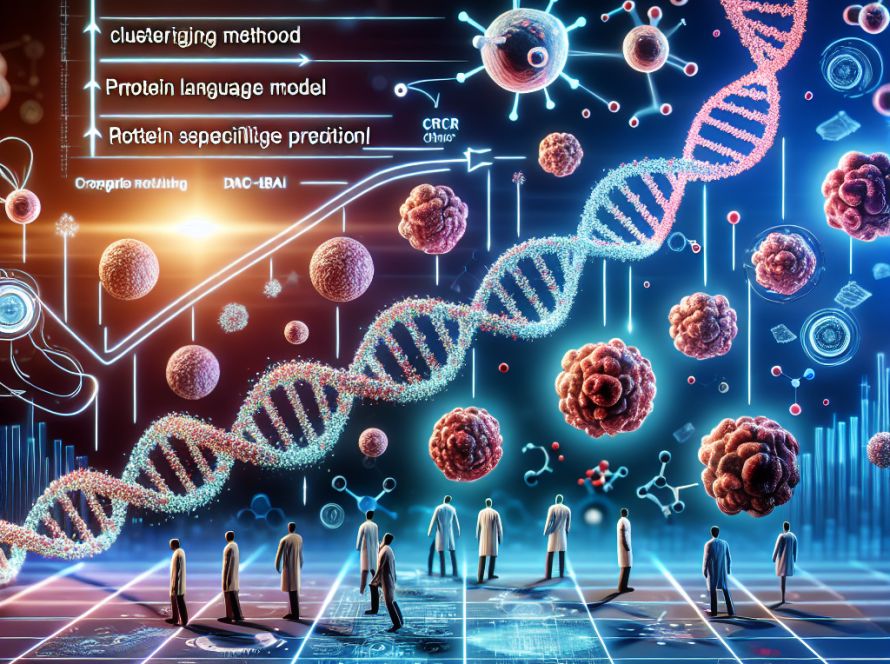Researchers at the Massachusetts Institute of Technology (MIT) and the University of Washington have developed a model that accounts for the computational constraints often experienced by decision-making agents, both human and machine. This model auto-infers an agent’s computational restrictions by analysing traces of past actions, which, in turn, can be used to predict future behaviour.
In their paper, the researchers outlined how the model can infer a person’s navigation objectives from previous routes and forecast their next chess moves. The model was tested on a series of experiments and outperformed similar techniques.
The method is based on the researchers’ study of chess players, observing that players spend more time planning difficult moves and a player’s strength is often linked with the time spent planning each move. Accordingly, they developed a model that can deduce the “depth of planning” of an agent from previous actions and incorporate this data into the agent’s decision-making process.
The team’s method identifies an agent’s inference budget, or the amount of time an agent will dedicate to planning a problem, by comparing decisions made by a problem-solving algorithm to those of the agent. This can then be used to predict how the agent will react to a similar problem in the future. Furthermore, the inference budget approach can be used in a wide range of problem-solving situations.
In the future, the researchers aim to use their method to model the planning process in different domains, such as reinforcement learning in robotics, and to continue contributing towards the goal of developing more efficient AI collaborators.
The research was funded in part by MIT’s Schwarzman College of Computing Artificial Intelligence for Augmentation and Productivity program and the National Science Foundation.


